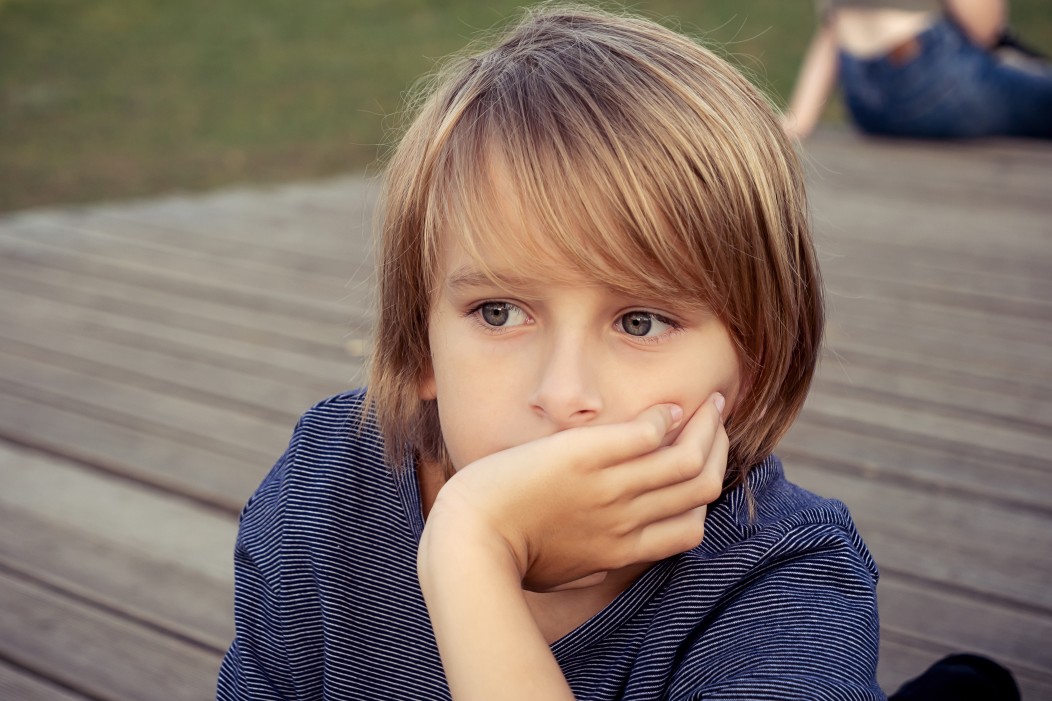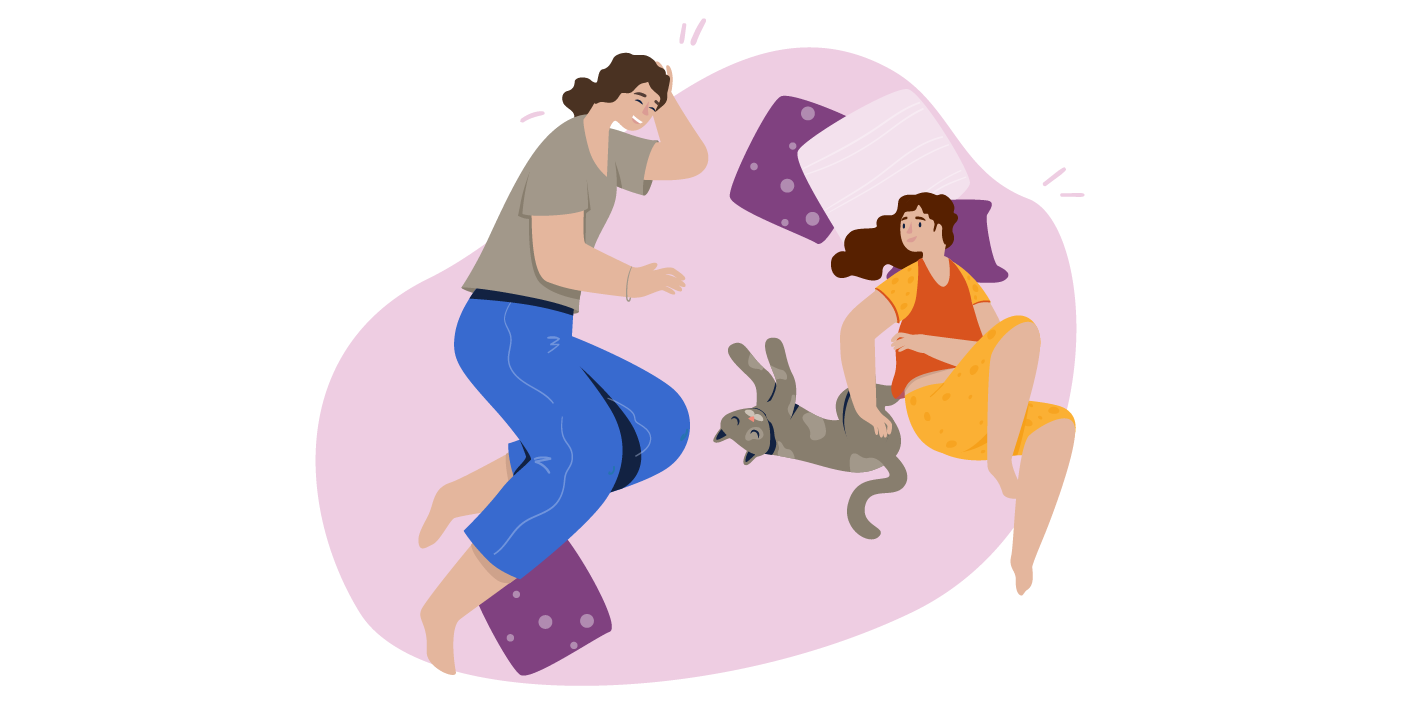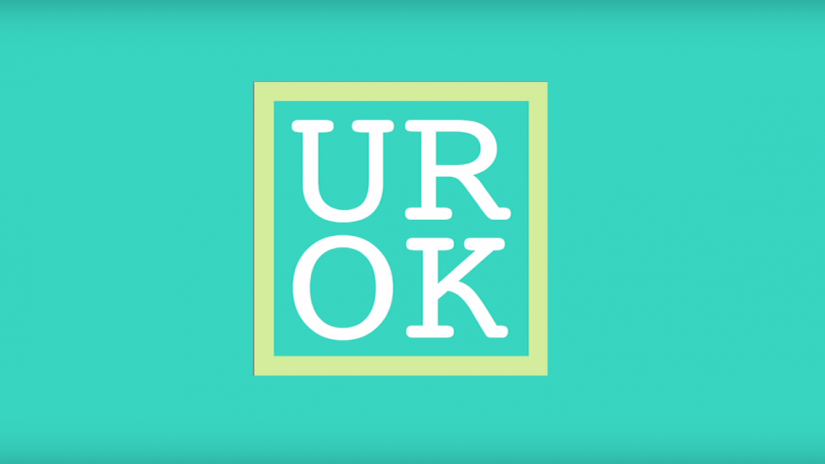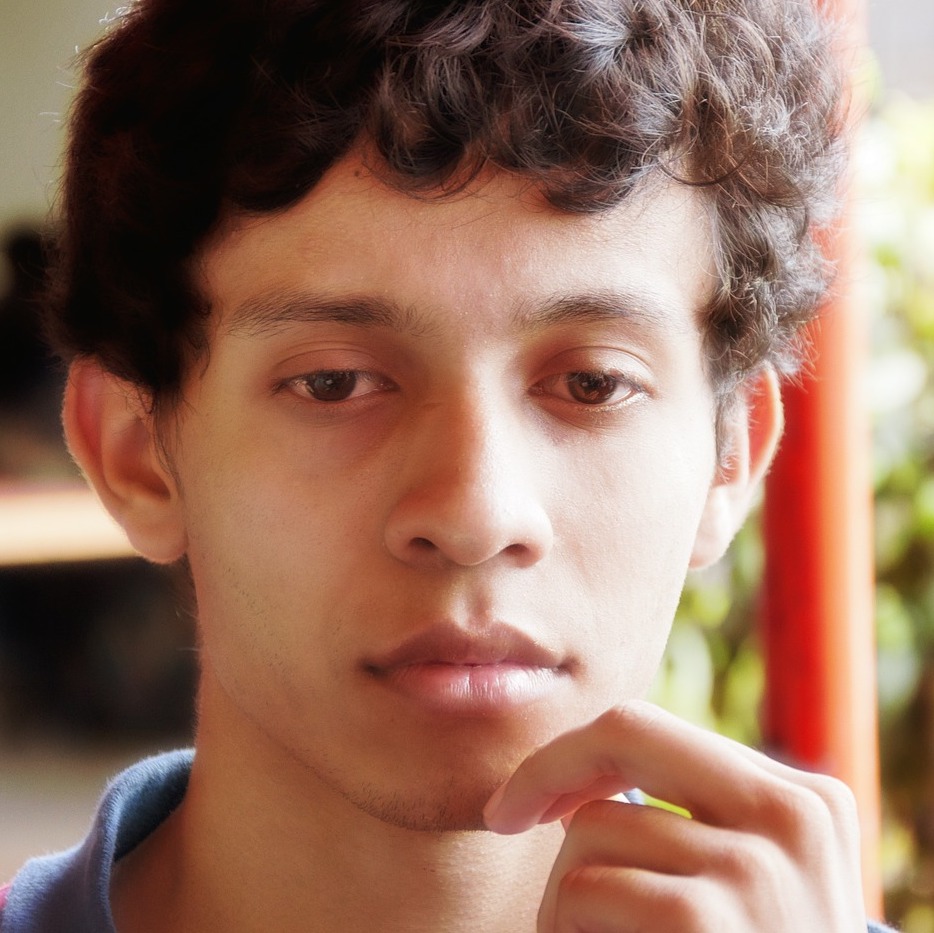 An influential panel of experts says all kids ages eight to 18 should be screened regularly for anxiety. This draft recommendation by the United States Preventative Task Force comes at a time when mental health problems among kids have escalated and are overwhelming the health system.
An influential panel of experts says all kids ages eight to 18 should be screened regularly for anxiety. This draft recommendation by the United States Preventative Task Force comes at a time when mental health problems among kids have escalated and are overwhelming the health system.
The task force also recommends that kids 12 and older continue to be screened for depression, a recommendation that’s been in place since 2016.
The screenings are usually done by primary care physicians using standardized questionnaires that parents and/or kids answer, depending on their age.
“We were already seeing rising rates of anxiety, depression and also suicide behaviors and suicide in our young people,” says Martha Kubik, a professor of nursing at George Mason University and a member of the task force.
The goal of the screenings, she says, is to help doctors and other providers identify at-risk kids early on in the trajectory of their illness so that they can be treated before symptoms escalate.
Child and adolescent mental health experts welcome the recommendations.
It has increasingly become clear that most mental illnesses manifest in childhood and adolescence, says Dr. Jennifer Havens, the chair of Child and Adolescent Psychiatry at NYU’s Grossman School of Medicine.
But anxiety disorder, one of the most common mental illnesses among children, can go undetected for a long time.
“It can be quiet. Kids who are anxious are often very self-conscious and aren’t going to share this with their families or their physicians, necessarily. So screening is a very, very good idea.”
Most cases of anxiety in children can be treated with psychotherapy, she adds. Only kids with severe anxiety need medication. That’s why, she says, the earlier a child is diagnosed, the easier it is to treat.
Kids with anxiety disorders are at higher risk of anxiety disorders and depression in adulthood, along with related risks like substance abuse, the recommendation notes.
In the fall of 2021, the AAP along with the American Academy of Child and Adolescent Psychiatry and the Children’s Hospital Association issued a statement calling children’s mental health a national emergency.
The AAP had already recommended screening teens for emotional and behavioral problems like anxiety and depression, and many pediatricians are already screening their patients for anxiety and depression. Some pediatric clinics that do mental health screens are able to provide follow up care through in-house providers.
“In our primary care practices, where children go to see their pediatrician, we already screen for pediatric anxiety, depression and also attention problems beginning actually when children are four years of age,” says Miguelina German, a pediatric psychologist at the center, which has behavioral health providers like herself integrated into the practice.
“If I have a 15 year old who’s anxious, the odds that she’s also going to be depressed are very high,” says German. “But once upon a time that 15 year old was 10 years old, and let’s say when she was 10 years old, she had some social anxiety. She was having some trouble making friends.”
Also, if providers treat children’s problems when they are younger when symptoms start emerging, she says, it often requires fewer sessions than treating a more complex problem in an older child.
That’s why she hopes this model of integrating mental health care into pediatrician’s offices along with universal screening for mental health symptoms will become the standard of care across the country.
Excerpted from “It’s Time to Screen All Kids for Anxiety, Physicians’ Task Force Recommends” in KQED’s MindShift. Read the full article online.
Source: MindShift | It’s Time to Screen All Kids for Anxiety, Physicians’ Task Force Recommends, https://www.kqed.org/mindshift/59313/its-time-to-screen-all-kids-for-anxiety-physicians-task-force-recommends | Copyright 2022 NPR
A screening can help you determine if you or someone you care about should contact a mental health professional. Care Coordinators can arrange a free 30-minute Care Consultation so you can explore options with an expert. Call or email us at 650.688.3625 or careteam@stage.chconline.org to set up an initial Consultation appointment.





